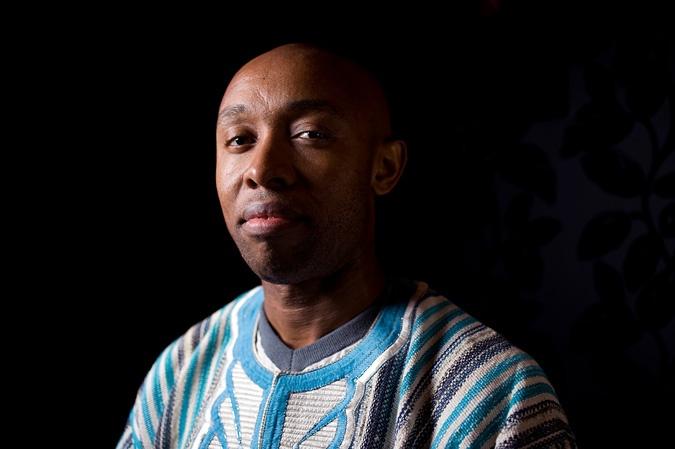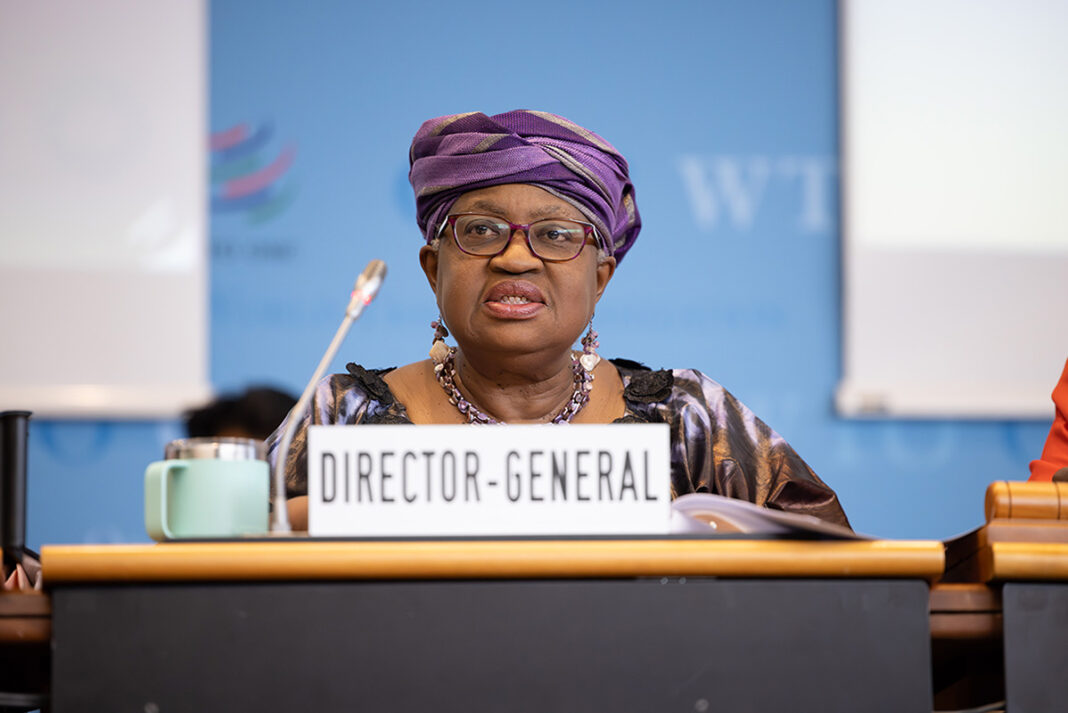The unraveling of the regime of General Yakubu Gowon shortly after the end of Nigeria’s civil war in the decade of the 1970s began as a tale of two Josephs. One was Joseph Dechi Gomwalk, Gowon’s in-law and governor of his home state. The other was Joseph Sarwuan Tarka, one of Gowon’s trusted Ministers. It made for a riveting political spectacle whose legacies have proved durable.
In 1974, General Gowon, who had led Nigeria through a 30-month-long civil war, was into his eighth year as military head of state. It was four years after the end of the civil war and the country comprised 12 states. Although he grew up in Zaria, Gowon was Angas, a minority ethnicity in what was then known as Benue-Plateau State, whose military governor was Police Commissioner, Joseph Gomwalk. He was also related to Gowon by marriage.
Seven months into the year, in July 1974, Godwin Daboh-Adzuana, an activist – or so it was thought then – published an affidavit containing serious allegations of grand corruption against his kinsman and Gowon’s Commissioner (Minister) of Transport and Communication, Joseph Tarka. Under pressure from Gowon and the public, a reluctant Tarka was forced to resign from his ministerial perch but not before warning that his resignation would “set off a chain of reactions.” At the time, the suspicion was widespread that Godwin Daboh was an agent of the government of Benue-Plateau State.
The following month, at the end of August 1974, Tarka’s protégé, Aper Aku, published his own affidavit containing even more damning allegations, this time against the state governor, Joseph Gomwalk. Atanda Fatayi Williams, at the time a senior Justice of the Supreme Court who would later himself rise to head the country’s judiciary, reports that a troubled Gowon telephoned the Chief Justice of Nigeria (CJN) “complaining about the manner in which the courts in the country were being used for the indiscriminate swearing of affidavits in which allegations of corruption were made against public functionaries.”
At the time, Taslim Olawale Elias, who had served Gowon as Attorney-General of the Federation for the first six years of his regime, was the CJN. In response to General Gowon’s importuning, Chief Justice Elias embarked on a series of urgent consultations first with the justices of the Supreme Court, followed by an emergency convening of the Advisory Judicial Committee (AJC), the forerunner of what is today known as the National Judicial Council (NJC). At the end of those consultations, the Chief Registrar of the Supreme Court issued a press release prohibiting courts generally from allowing any aggrieved persons to depose to affidavits.
Read Also: Op-Ed: Wiked Judges And Nyesomized Courts By Professor Chidi Anselm Odinkalu
Unlike Joseph Tarka, Joseph Gomwalk survived the allegations against him with the help of a judicial landing invented out of nothing by a CJN beholden to the head of state. The AJC lacked the powers to prohibit affidavits but the high command of the judiciary felt obliged to genuflect to the head of state. The public uproar was deafening and helped to tar the regime of General Gowon with an eternal brush of corruption. One year later, his colleagues in the military replaced him with his Barewa College junior, Murtala Mohammed. As head of state, Murtala Mohammed disembarked Taslim Elias from the office of CJN.
This past week called to mind the legacies of those tumultuous embers of the Gowon years and their damaging imprint on the institutional psychology of Nigeria’s judiciary. Last August, the government orchestrated the mass arrest of young people from different parts of northern Nigeria for taking part in the #EndBadGovernance protests. They thereafter transported those young persons to Abuja where they were held for 93 days in pre-trial detention. At their arraignment at the beginning of the month on bogus charges of treason, Obiora Egwuatu, a judge of the Federal High Court in Abuja, granted them bail in the sum of N10 million Naira with two sureties both of whom must be senior, director-level federal civil servants.
“Egwuatu” in Igbo language could mean “fearless” or “fearful” depending on the tonal infection. In this case, it is not difficult to divine which of these two meanings best captures the state of mind of the judge when he set out to impose bail terms that he surely knew were beyond the reach of the suspects.
After setting these impossible conditions, the judge adjourned the case to 25 January 2025. The intention was transparent. In response to the spectacle of several of the suspects collapsing in court, the Inspector-General of Police authorized a statement to go out in his name justifying the proceedings and claiming that the collapse of the children in court had been “staged”. Despite the record on the face of the charge sheet indicating clearly that many of the arraigned suspects were children, the prosecutor, Rimazonte Ezekiel, a Superintendent of Police, claimed that they were all adults and that many of them were indeed married with children.
The public uproar threatened such steep political costs that a regime whose authoritarian instincts had caused the mass arrest and incarceration of the children in the first place, nearly lost its nerves. Things moved very quickly. Overnight, the Attorney-General of the Federation asked for and received the transfer of the case file from the Nigeria Police. On the next working day following the week-end, the President reportedly “ordered the release” of the suspects despite the fact that they were held under a remand order issued by a court. It was unlikely that the president was exercising powers of prerogative of mercy under the Constitution because that is contingent on consultation with the National Council of State which had not convened.
Read Also: Op-Ed: Kudisprudence By Professor Chidi Odinkalu
What happened next was even more exciting. The judge with the ambivalent surname who could not previously find a date earlier than the time it takes to trek from Siberia to Ulaanbaatar in the Winter, suddenly discovered an excess supply of free time on his diary. With military alacrity, he held a hearing and ordered the release of all the suspects.
It was impossible not to see that this case did not involve any application of law. Rather, it was a straightforward case of a judge obeying the instructions of the president. As far as the judicial role in Nigeria goes, a more squalid advertisement of all that is presently wrong with it is difficult to find.
In the aftermath of this, it was reported that the president had ordered an investigation into what transpired. It is possible that the NJC will investigate the judge for bringing his office into manifest disrepute but no one should hold their breath. He was following the example of his supine superiors. The Nigerian Bar Association (NBA) is not in a position to investigate its members who were happy to mouth verifiable falsehood in bib and collar. The Body of Benchers, which long ago expropriated this role from the NBA, counts the regime’s poster-boy for hubristic impunity, Nyesom Wike, among its leading members. It won’t. The only person who can investigate the Inspector-General of Police, meanwhile, is the president who himself is the author of this whole thing.
The president’s inquiry does not need to labour too much before reporting. A regime committed to capturing all levers of power and arresting the machinery of constitutional guardrails has succeeded beyond its wildest imagining, enabled – it must be acknowledged – by a complicit judiciary no longer troubled by any inkling of its own constitutional standing or obligations. It is the latest illustration of how the story that began as a tale of two Josephs ended up normalizing a reign of jumpy judges.
By Professor Chidi Anselm Odinkalu
- A lawyer and a teacher, professor Odinkalu can be reached at chidi.odinkalu@tufts.edu




